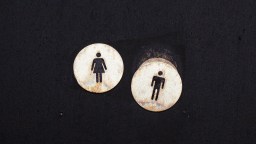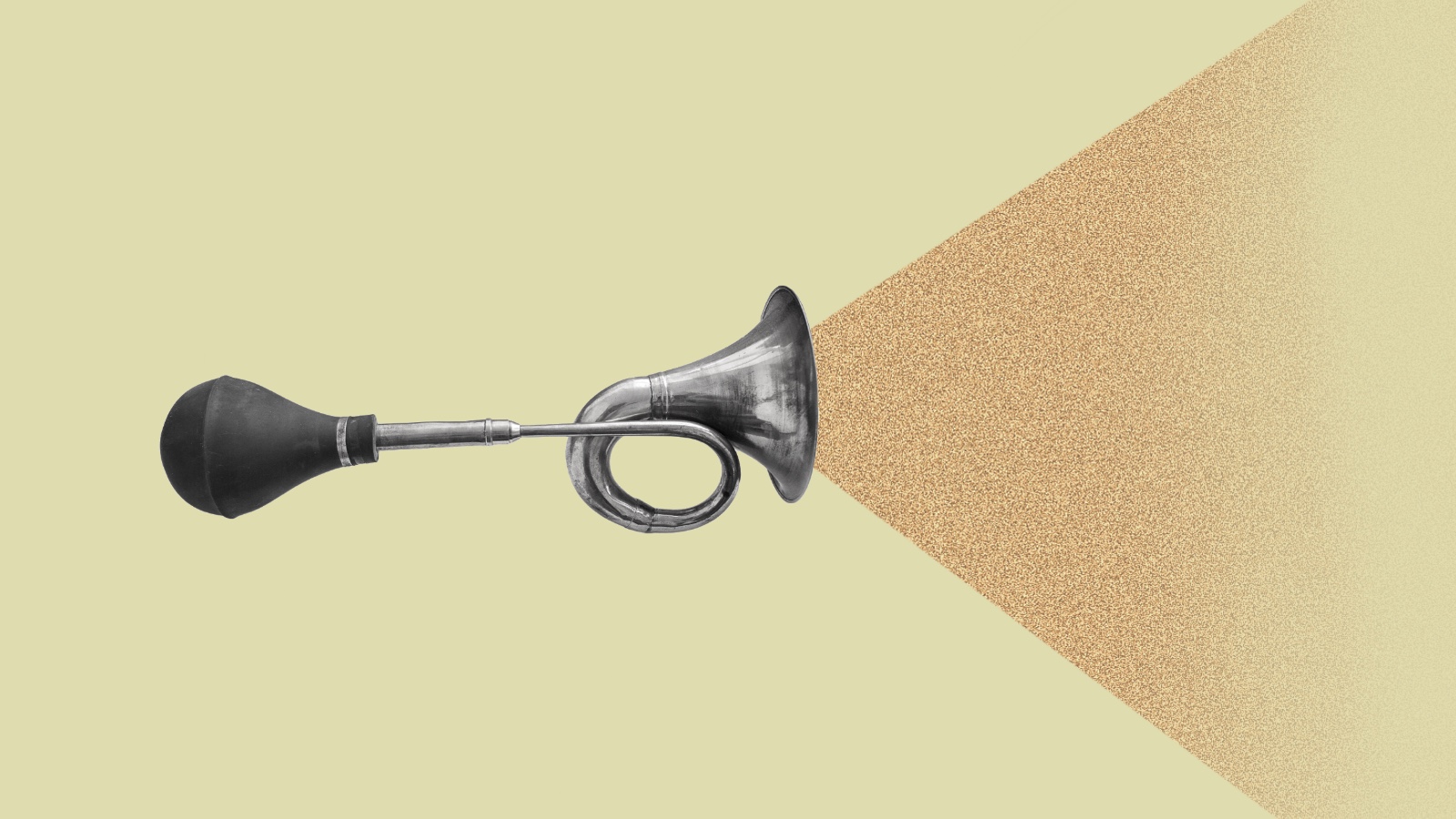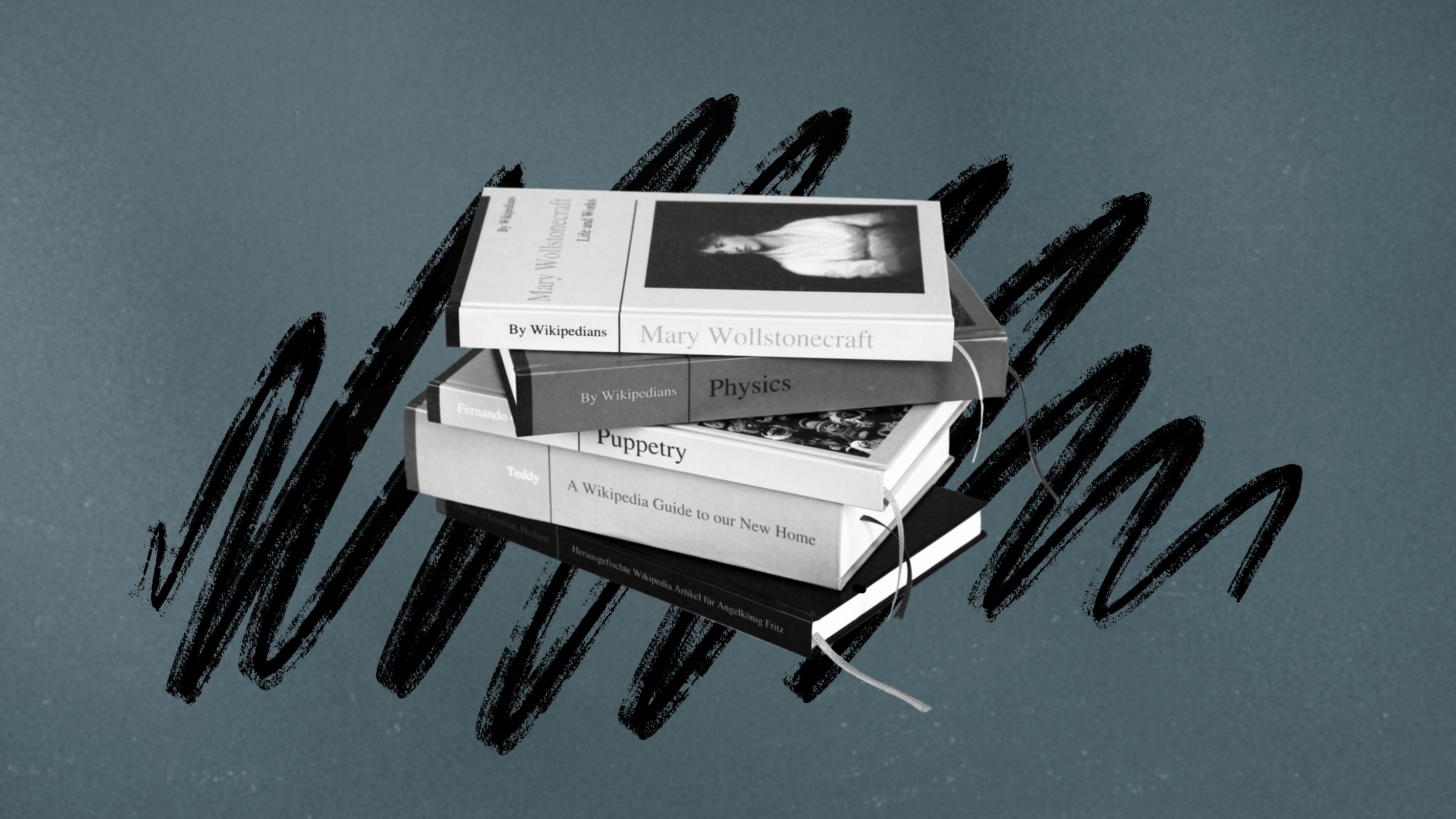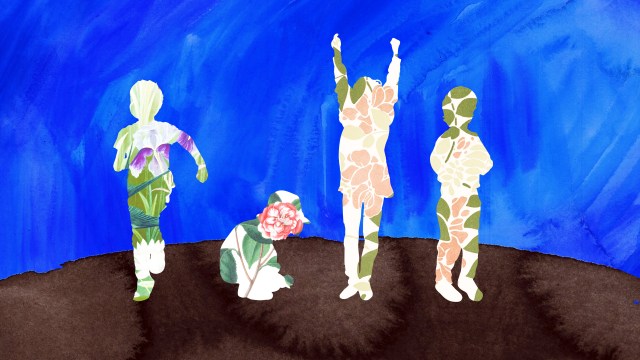Opposing scientists find no clear evidence for gender bias in academic science
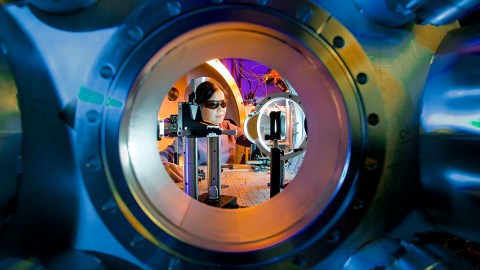
- It is widely believed that sexism against women is rampant in academic science, disadvantaging them in hiring, grant funding, compensation, and a variety of other areas.
- However, a recently published, 4.5-year review of the literature on gender bias in academic science broadly shows that the sexism of the past has faded, and female researchers are generally treated equally to males.
- The researchers behind the effort were on opposite sides of the debate beforehand and decided to combine their contrasting perspectives to create a complete but nuanced picture of the vast and complicated evidence.
There is a prevailing narrative that academic science is rife with gender bias against women.
“A vast literature… shows time after time, women in science are deemed to be inferior to men and are evaluated as less capable when performing similar or even identical work,” a 2017 article in Wired declared.
“Researchers in recent years have found that women are less likely than men to be hired and promoted, and face greater barriers to getting their works published,” a piece in the New York Times reiterated in 2021.
There is, however, evidence that contradicts the notion of omnipresent gender bias, although it doesn’t attract anywhere near the same amount of press coverage. So, what is the truth? Are modern academic institutions hubs for sexism, bastions for equality, or somewhere in between? To find out, a trio of researchers on opposing sides of the debate did something inspiring in this era of rampant polarization: They teamed up.
A team of rivals
Shulamit Kahn is an associate professor of markets, public policy, and law at Boston University, and for years she has published analyses evincing gender bias against women in STEM fields. Stephen Ceci and Wendy Williams are professors in the department of psychology at Cornell University. Unlike Kahn, their published works reveal gender fairness in academic science.
Rather than battle it out through separate studies in the scientific literature — effectively arguing past each other — the three academics instead chose to meld their opposing perspectives and collaborate on a sweeping review of the published data on gender bias in STEM academia, seeking to settle whether or not sexism remains a significant barrier for female researchers. The completed work, published late last month in the journal Psychological Science in the Public Interest, was the result of a 4.5-year effort, one filled with disagreements and debates, but always driven by a desire to discover the truth.
“Throughout the years spent working on it, we tempered each other’s statements and abandoned irreconcilable points, so that what survived is a consensus document,” they wrote.
Because the literature about women in science is vast, with thousands of published papers, the reviewers narrowed their focus to women eligible to compete for tenure-track positions in academic STEM fields. Specifically, they sought to reveal whether women have faced consistent gender bias since the year 2000. Their analysis centered around six areas:
“(a) Are similarly accomplished women and men treated differently by academic hiring committees? (b) Are grant reviewers biased against female principal investigators? (c) Are journal reviewers biased against female authors? (d) Are recommendation-letter writers biased against female applicants for tenure-track positions? (e) Are faculty salaries biased against women? And, (f) are student teaching evaluations biased against female instructors?”
Contrary to claims of unchecked gender bias, the reviewers found that in grant funding, journal acceptances, and recommendation letters, male and female researchers are at parity. Moreover, women actually appear to have an advantage in hiring, receiving job offers at equal or higher rates than men for the same number of applications.
Women are, however, disadvantaged in teacher ratings and salaries. Students tend to rate their female professors worse than male professors, despite performing just as well in class. And female academic researchers are paid less than their male counterparts, albeit the gap is not nearly as vast as is widely claimed. A statistic frequently cited is that female researchers make 82 cents for every dollar a male researcher earns, but the reviewers found this to be highly misleading. In reality, when male and female academic scientists work in the same field at comparable universities and have similar experience and research productivity, women make about 4% less. Thus, an unjust pay gap exists, but the magnitude is smaller than claimed.
A bias toward seeing bias?
Taken together, the findings dispel the narrative of overarching gender bias in modern academic science, the authors say. However, they noted that their findings “are very much rooted in the most recent decades and in no way minimize or deny the existence of gender bias in the past.”
Going further, the reviewers rebuked writers, scholars, and public figures for lazily perpetuating the notion of widespread gender bias in academic science, perhaps because it conforms to their prior beliefs. “These claims rest on selectively chosen evidence and ignore important counter-evidence and sampling and methodological limitations,” they wrote.
Besides perpetuating a falsehood, one key problem with promulgating the idea that sexism pervades academic science is that it may prevent women from pursuing careers at educational institutions. It also diverts attention away from what actually may be causing gender disparities in science. For example, the authors note that female researchers’ productivity and career advancement appear to be significantly hampered by child-rearing and family obligations, while this does not occur for male researchers.
“If a key issue is that women’s careers are undermined by underlying systemic factors… perhaps we need to think more deeply about how academia can be made more flexible,” they wrote.
Kahn, Ceci, and Willims concluded with a point we all would do well to remember: “As our own adversarial collaboration has taught us, we all need to remain open-minded regarding alternative views rather than prematurely assume that the science is settled.”
